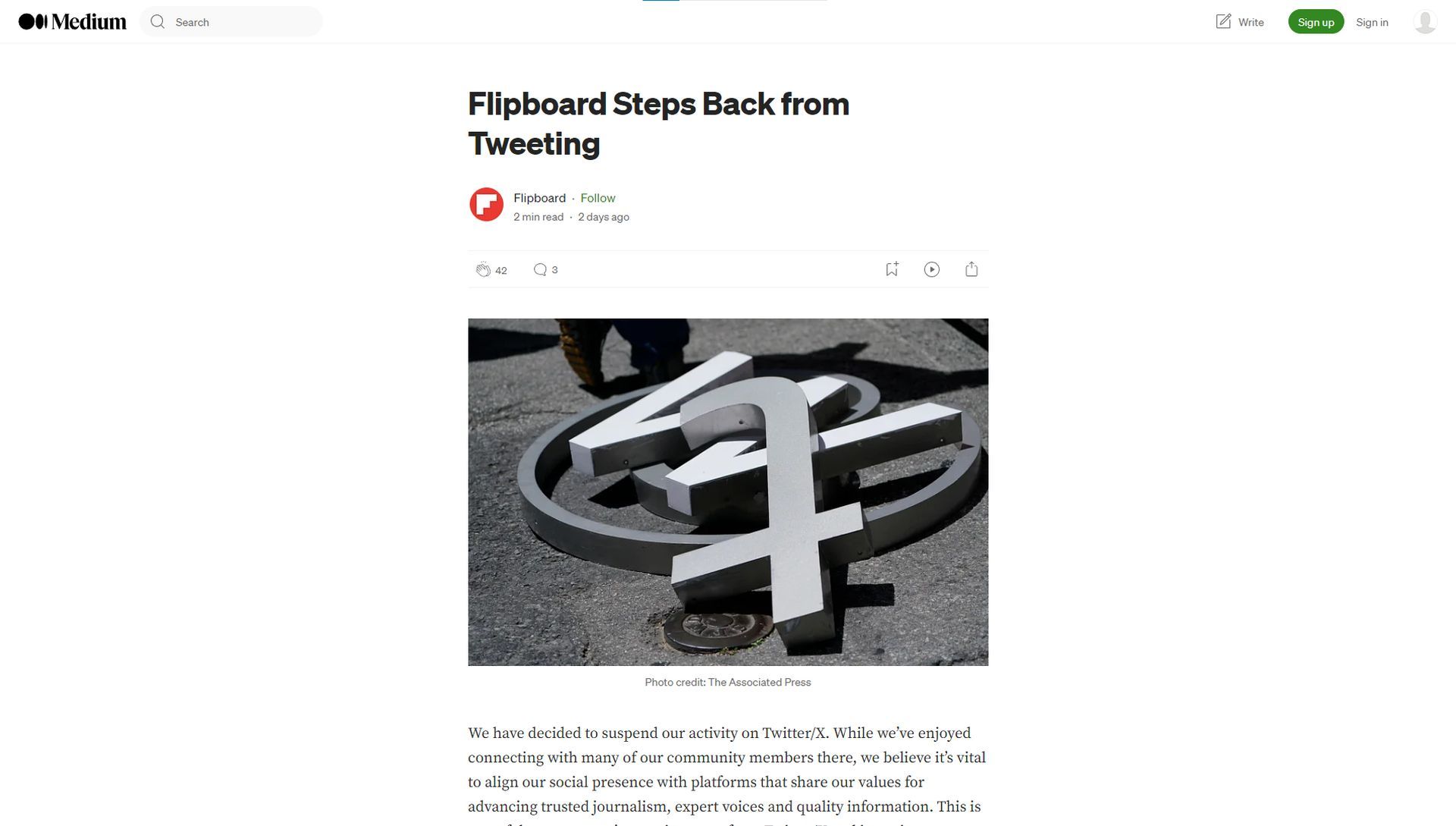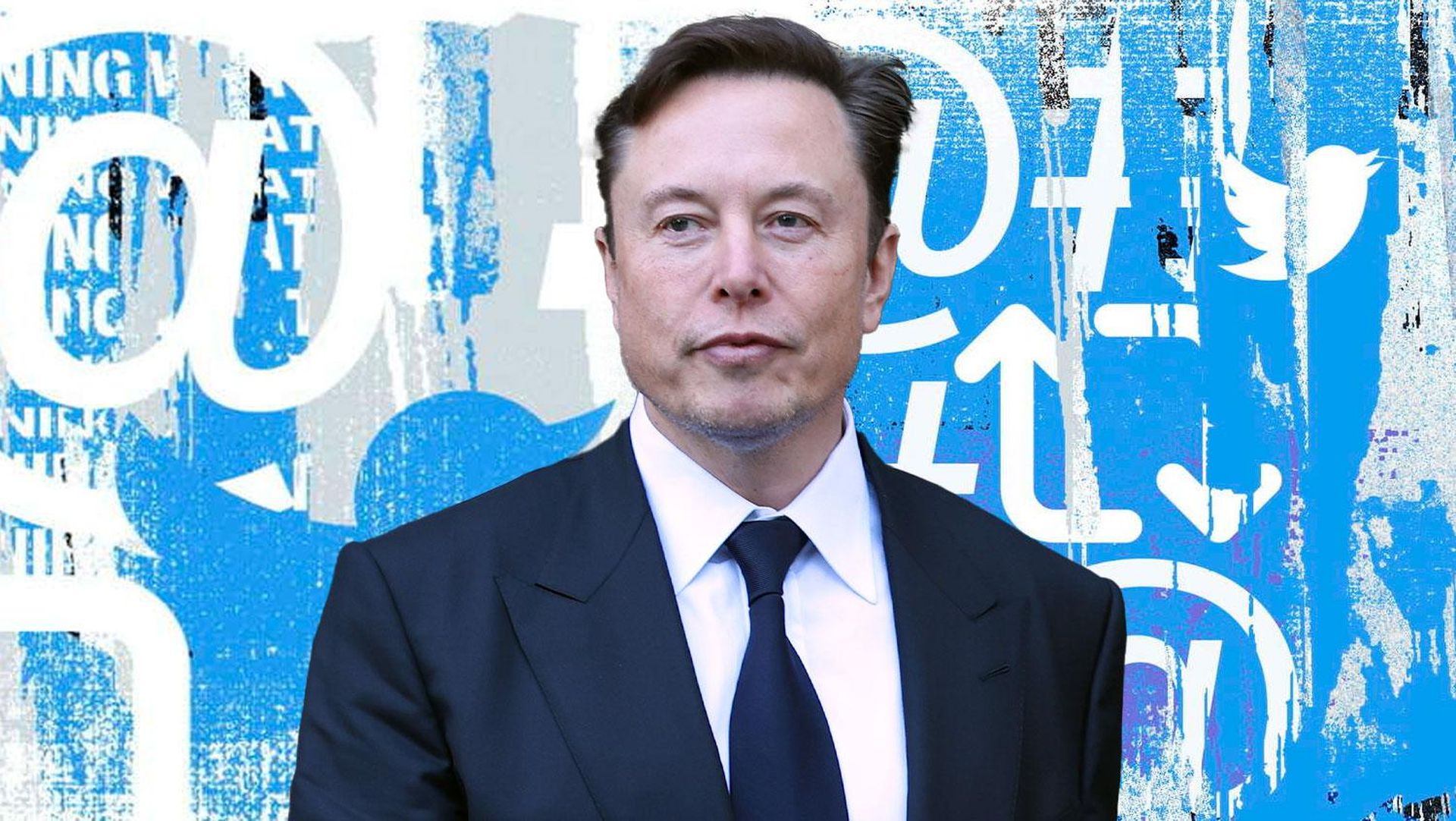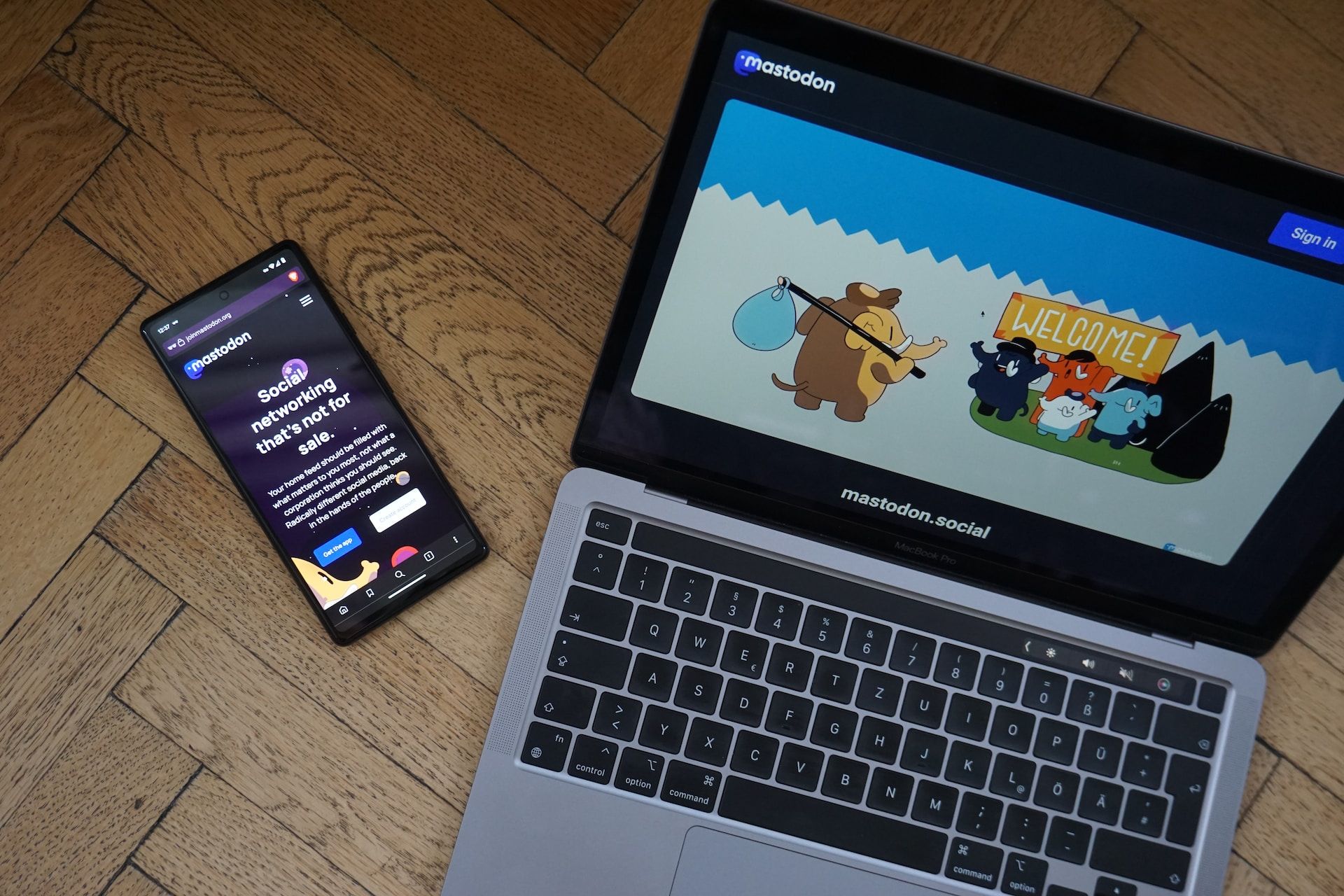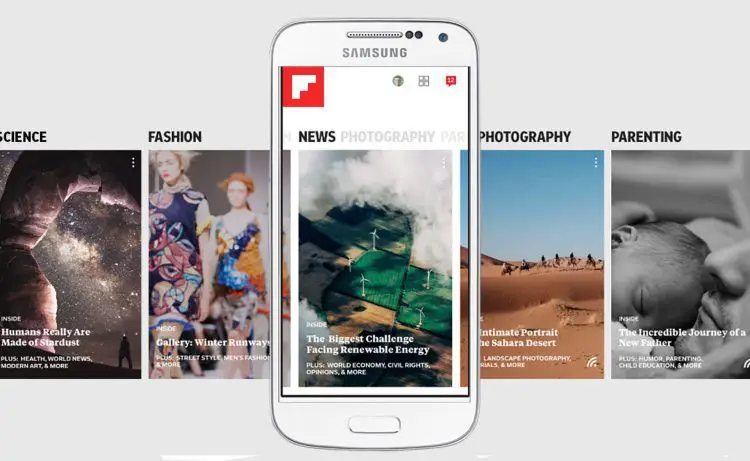In an unexpected and highly influential move, the widely-used social magazine app Flipboard quits Twitter, and while it is bidding farewell to the platform, it’s steering its focus towards Mastodon and other open social platforms.
This strategic move is not only a reaction to Twitter’s evolving landscape but also a proactive embrace of federated social media services, particularly the decentralized social web.

Why Flipboard quits Twitter
The reasoning behind why Flipboard quits Twitter is multifaceted, prompted by a nuanced evaluation of the platform’s changing dynamics. The first catalyst lies in Flipboard’s dissatisfaction with Twitter’s moderation policies, especially under the leadership of Elon Musk. The platform’s purported laxity has resulted in a concerning surge in hate speech and misinformation, prompting Flipboard to seek a more responsible and ethical online environment.
The second factor propelling Flipboard towards Mastodon and the decentralized social web is its commitment to integrating with federated platforms. This integration is facilitated through the ActivityPub protocol, signaling a broader trend among tech companies, including Mozilla, Tumblr, and Medium, to explore alternative spaces beyond the traditional social media giants.

The discord between Flipboard and Twitter materialized in April, a pivotal moment when Twitter discontinued its free API. This move disrupted Flipboard’s content-sharing functionality, compelling the company to confront the repercussions of this abrupt change. Faced with the option of joining Twitter’s paid API tier, which reportedly comes with a substantial monthly cost of up to $42,000 for the Enterprise plan, Flipboard weighed its options and decided to seek new horizons.
Embracing the “Fediverse”
While Flipboard will maintain its Twitter/X accounts for brand protection, the company is suspending active engagement on the platform. Instead, Flipboard is intensifying its involvement in the “fediverse,” a decentralized social web that includes platforms like Mastodon. This commitment extends beyond a mere pivot; Flipboard aims to foster its community on Mastodon, prioritizing values aligned with trusted journalism, expert voices, and the dissemination of quality information.

Dot Social
To fortify its commitment to the decentralized social web, Flipboard CEO Mike McCue is launching “Dot Social,” a podcast dedicated to exploring the societal, cultural, and technical nuances of this transformative landscape. The podcast’s guest lineup boasts influential figures such as Techdirt founder Mike Masnick, Mozilla CEO Mitchell Baker, Medium CEO Tony Stubblebine, and other key contributors to the decentralized social networking space. Through “Dot Social,” Flipboard aims to deepen its understanding of the decentralized landscape while providing a platform for thought leaders to share insights.
As Flipboard quits Twitter and embarks on this transformative journey to Mastodon, its evolution signifies not only a reaction to challenges posed by Twitter’s changing policies but also a proactive embrace of the decentralized social web.
Flipboard, with its rich history in curating the web, positions itself as a significant player in navigating the dynamic landscape of decentralized social media. Through these strategic moves, Flipboard is not merely adapting; it is pioneering change in the way we perceive and engage with online platforms.
Meanwhile, if you wish to catch up on the ways that Twitter has changed its policies under the leadership of Elon Musk, make sure to check out our articles on how X lifted Kanye West’s Twitter ban months after his removal and how Twitter seized the @x handle without any compensation for the owner.
Featured image credit: Flipboard





